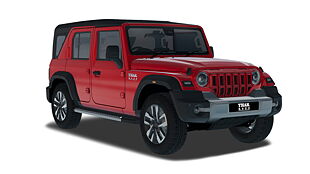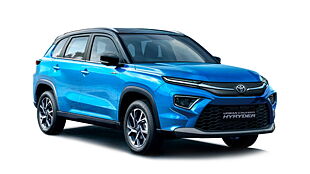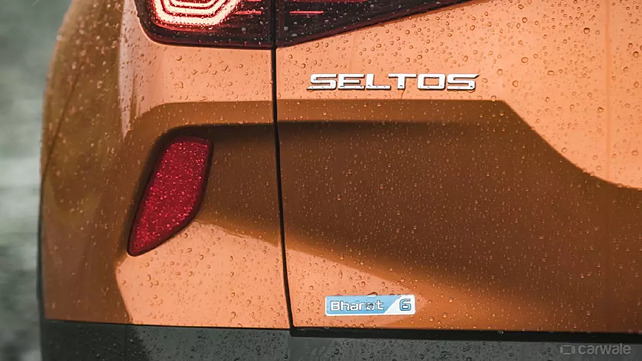
The year 2019 has been a rollercoaster for the auto industry. We are in the midst of a major upheaval for the auto industry as a whole and our future path looks quite different from what was envisioned in the past for the next decade. Before we move to 2020, here are some of the major highlights of the things that affected the auto industry in 2019.

BS6 norms
The BS6 norms will come into force in April of next year but its shadow has been looming large over the whole industry for close to a year now. It is the most major leap that the Indian auto industry will make and this should put it on par with global emission standards. We have detailed the major issues related to BS6 norms and you can read about them below.
BS6 emission norms: Do I need to worry about the fuel?

New crash safety norms
2019 saw the introduction of new safety norms for the Indian car market. Going forward every new car sold in India must be equipped with ABS+EBD, dual front airbags, seat belt reminder, seat belt reminder, rear parking sensors and a speed alert reminder. Over the course of 2020, new cars will also have to comply with updated crash safety norms as well as pedestrian protection norms.

The car market just got a little competitive in 2019 with the arrival of two new brands in 2019. From the South Korean corner, we got Kia and their first product the Seltos SUV. Coming in from the old continent was MG with the Hector SUV.

They are both in the D-segment and have made a good name for their respective parent companies within just a few months of their arrival.

Start of electric age in India
The electric age for mobility has been steadily picking up speed around the world with even India joining the bandwagon. We now have three bonafide electric cars in the Indian market with at least two to three more expected in 2020 of which the Hyundai Kona is locally assembled. The government also took steps in 2019 to encourage this by cutting the GST rate from 12 per cent to 5 per cent.

Mahindra-Ford JV
Mahindra and Mahindra Limited and Ford Motor Company have joined hands to develop, market and distribute the Ford brand vehicles in India. Moreover, the agreement also includes the development, marketing, and distribution of both Ford and Mahindra vehicles in high-growth emerging markets around the world. Mahindra owns a 51 per cent controlling stake in this joint venture, while Ford holds a 49 per cent stake.

Toyota-Suzuki JV
Two major car manufacturers, namely - Toyota Motor Corporation (Toyota) and Suzuki Motor Corporation (Suzuki) have announced a fresh round of future plans under their cross-badging agreement. The partnership is aimed at bringing together Toyota’s strength in electrification and Suzuki’s strength in technologies for compact vehicles. The end result is aimed at achieving widespread popularization of electrified vehicles. The first car to come out of this deal is the Glanza hatchback which is essentially a re-badged Maruti Baleno.

Fast tag implementation
Queues at toll booths are expected to be a thing of the past with the implementation of fast tags. These are RFID tags linked to money accounts that help in quick and cashless payments so as to improve traffic at toll booths. We have detailed everything you need to know about the fast tag and you can read about that by clicking here.

![Tata Harrier [2019-2023] Image Tata Harrier [2019-2023] Image](https://imgd.aeplcdn.com/272x153/n/cw/ec/32958/tata-harrier-right-front-three-quarter58.jpeg?q=80)
![Kia Seltos [2019-2022] Image Kia Seltos [2019-2022] Image](https://imgd.aeplcdn.com/272x153/n/cw/ec/33372/seltos-exterior-right-front-three-quarter-3.jpeg?q=80)
![MG Hector [2019-2021] Image MG Hector [2019-2021] Image](https://imgd.aeplcdn.com/272x153/cw/ec/36756/MG-Hector-Right-Front-Three-Quarter-166301.jpg?wm=0&q=80)
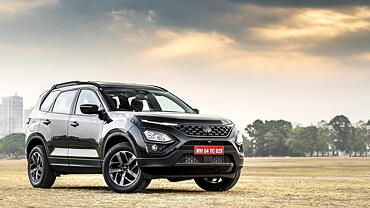




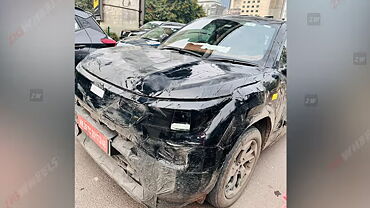
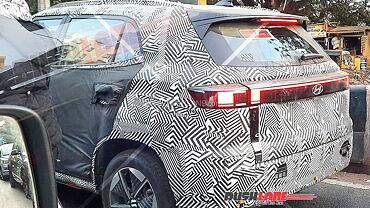


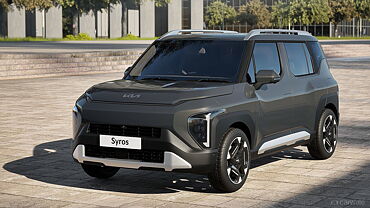

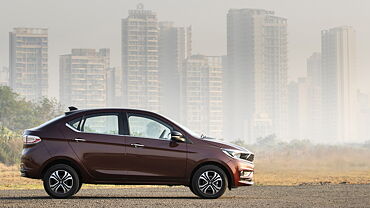

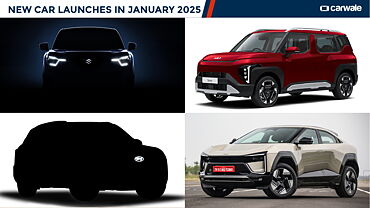
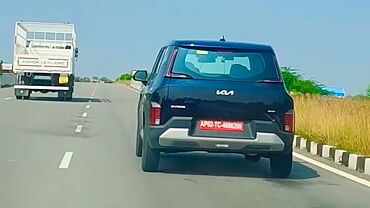
![Tata Harrier [2019-2023] Right Front Three Quarter Tata Harrier [2019-2023] Right Front Three Quarter](https://imgd.aeplcdn.com/199x112/n/cw/ec/32958/tata-harrier-right-front-three-quarter58.jpeg?q=80)
![Tata Harrier [2019-2023] Right Front Three Quarter Tata Harrier [2019-2023] Right Front Three Quarter](https://imgd.aeplcdn.com/199x112/n/cw/ec/32958/harrier-exterior-right-front-three-quarter-53.jpeg?q=80)
![Tata Harrier [2019-2023] Right Front Three Quarter Tata Harrier [2019-2023] Right Front Three Quarter](https://imgd.aeplcdn.com/199x112/n/cw/ec/32958/harrier-exterior-right-front-three-quarter-54.jpeg?q=80)
![Tata Harrier [2019-2023] Dashboard Tata Harrier [2019-2023] Dashboard](https://imgd.aeplcdn.com/199x112/n/cw/ec/32958/harrier-interior-dashboard.jpeg?q=80)
![Tata Harrier [2019-2023] Dashboard Tata Harrier [2019-2023] Dashboard](https://imgd.aeplcdn.com/468x263/n/cw/ec/32958/harrier-interior-dashboard-2.jpeg?isig=0&q=80)







